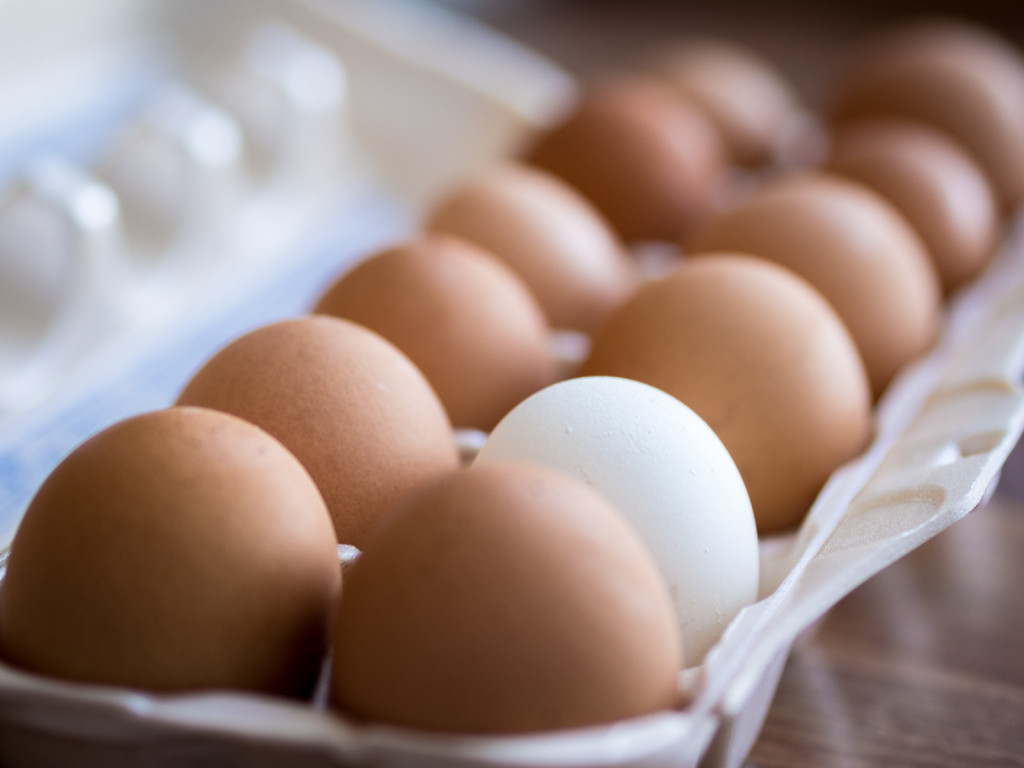Inflation has steadily risen the prices of everyday groceries in recent years, and eggs are no exception. With the Easter and Passover holidays approaching, consumers are experiencing sticker shock firsthand as they shop for eggs. While it is normal for supply and demand to play a role in price hikes near holidays, egg prices have remained consistently high for years, which begs the question, why?
This year marks the second in a row where consumers have noticed higher than average egg prices. While this year’s prices are lower than the previous, they are still elevated. In February, the average price for a dozen eggs in the U.S. was $2.99, a significant improvement upon last year’s average of $4.21. However, that is still almost double the $1.59 average in 2021.
These prices are caused by multiple factors, but one main factor is avian flu. 2020’s outbreaks in Europe, Africa, and Asia are still affecting the worldwide egg supply. According to the World Health Organization, in 2022, more than 131 million poultry died worldwide. While the outbreaks were four years ago, they still show little sign of stopping. This past December, the U.S. Department of Agriculture confirmed 11.4 million cases as a result of other cases in 45 commercial flocks and 33 backyard flocks.
The main problem with avian flu is that even when it begins to subside, the egg market takes time to recover. It can take up to six months for a farm to replenish a flock, and as a result, there are less eggs and higher egg prices.
“It’s supply and demand searching out. You have to have a profitable price,” said David Anderson, a professor and extension economist for livestock and food marketing at Texas A&M University.
This means that a farm cannot simply restock with a massive population of chickens. If they do, prices are quickly driven down, which, while good for the consumer, can be detrimental to the farmers.
The good news is that extremely high prices are usually followed by price drops, which eventually subside into more constant patterns. The U.S. Department of Agriculture estimates that egg prices will drop around 2.8% this year, which will provide some consumer relief.
But for this year’s spring holidays at least, consumers will have to watch their wallets for cracks.







































